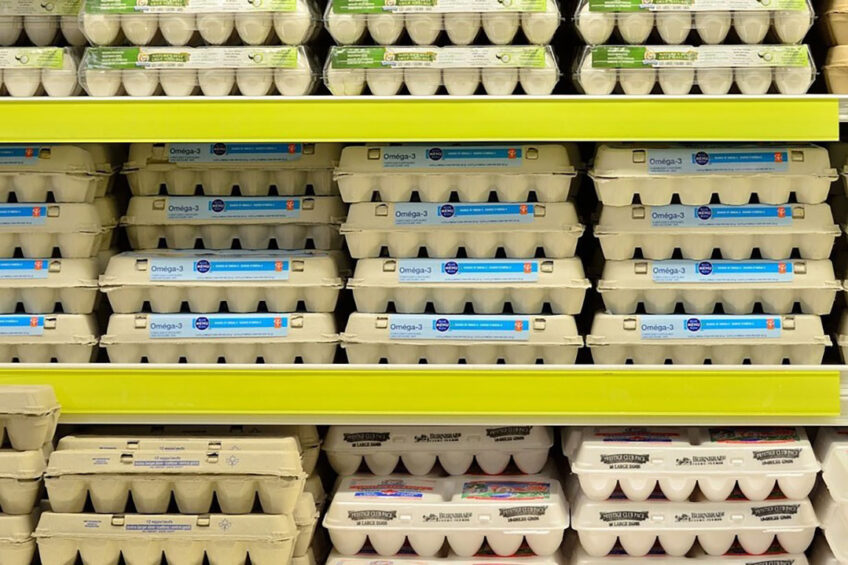UK bird flu: Free-range eggs temporarily reclassified as barn eggs

Ongoing outbreaks of avian influenza in the UK mean that all free-range eggs will be sold as barn as hens have now been housed under egg marketing legislation for more than 16 weeks.
Government vets have decided that in the light of the continuing threat posed by this season’s bird flu that hens should be kept inside for a further period. There have been more than 80 cases in England and over 100 across the UK in the current outbreak.
Mark Williams, British Egg Industry Council chief executive, backed the government’s move: “Free-range farmers love to see their hens enjoying the outdoors and exploring the range. However, we need to ensure that it’s safe before they venture outside and hopefully it will only be a short period before they can do so again.”
Packaging and marking as barn eggs
There will be some changes to packs sold in stores. Producers will continue to use free-range packs but each will be marked with the words ‘Barn eggs’. In addition, each egg will be marked with a number 2 to signify that it is a barn egg, for example, 2UK54321, which is explained on each pack.
Retailers will be communicating with their customers to explain the changes.
Consumer support for free-range
Williams added: “We undertook research that showed customers want to support free-range hens and free-range farmers. Marking free-range packs and eggs temporarily as barn eggs is not only the most practical solution, but it also means consumers can continue to buy eggs from free-range hens, albeit temporarily housed, while farmers can ensure the hens are safe as well.”
Suffolk-based free-range producer, Daniel Brown, said his birds had coped well over the past 16 weeks: “We’ve given them extra things in the shed, like hay and grit to give them things to peck at and keep them amused.”
The National Farmers’ Union said the housing measures were being kept under constant review and would be listed once the risk level of avian influenza had reduced.













